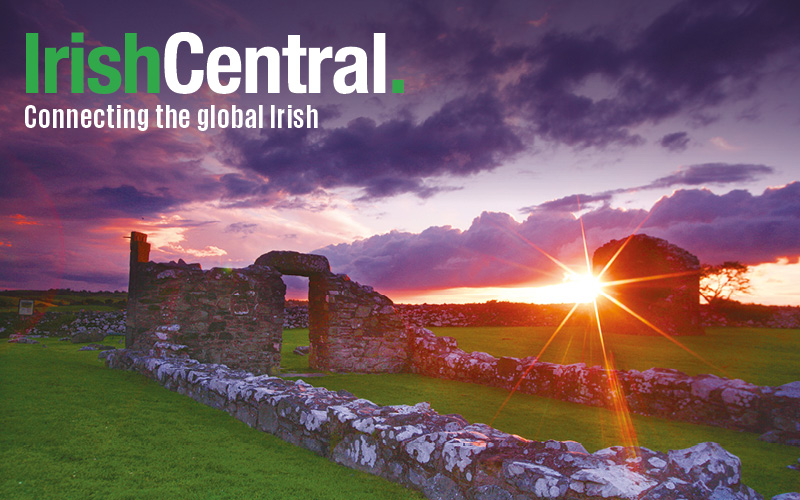If no one else is saying this to you, permit me to say it to you now: well done. You have survived through one full year of a deadly global pandemic.
It's nothing that your previous life prepared you for, or not directly at any rate, and that you have come this far really is a thing to celebrate.
You may not feel much like celebrating right now. I understand. Too many of us have lost dear ones to this virus and the danger - as well as the lockdowns - are far from over.
But to have gotten this far in a crisis where so many lives have been cruelly lost is a thing to acknowledge. It means you found the steel in your metaphorical girdle to mask up and lockdown. It means you can finally look the Greatest Generation in the eye.
It's been over one hundred years since an event of this kind last convulsed the planet and in many respects what we are now confronting, with its deadly variants, is even worse.
So when President Biden first proposed a ceremony to mark the 500,000 American lives lost I felt instinctively that it was too soon, the wounds still so raw, until I heard the details of his plan.
He will mark the United States crossing 500,000 lives lost from Covid-19 with an understated gesture that is typical of him, a moment of silence and candle lighting ceremony at the White House. It will happen a year after the country recorded the first death from the disease.
In stark contrast to his indifferent predecessor, Biden has consistently made a point of recognizing the lives lost from the virus. His first public event upon arriving in Washington for his inauguration was to deliver remarks at a Covid-19 memorial ceremony. He fully understands the gravity of the moment and the need for a joined-up national response.
Now, with successful vaccines offering serious protection, we can begin to discern an end to the terror but we are not yet out of the woods. The human cost of what we have lived through has started to reveal itself and the path out of this crisis will be steep, I think.
On the daily walk I take to try and stay in shape and take the temperature of my city, I see a lot of things that give me hope and some things that give me pause. Yesterday I saw a man in his late 30's that I know to be a husband and father. He was sitting on his front steps and he looked, I have to say, like the weight of the world was on his shoulders.
He was obviously taking a time out from his family to gather himself and take control of his feelings. Although I didn't know the particular circumstances that had driven him out of doors on this cold, snowy day I knew the general ones and so I nodded as I passed him.
This time has been hard on fathers and mothers. It's been hard on school kids of all ages. It's not natural to conduct your career work or your school work via a Zoom chat app, where the basic need for some simple human connection is usurped by a blinking computer screen.
So after the physical work of protecting us from a virus will come the psychological work of repairing our emotions from a time when the world seemed to turn on us, to be trying to kill us, in fact.
Will it be possible to ever feel safe again? Will parents be able to project some safety to their children after a time when the safety net was so violently pulled away?
The great question before us, after a year of hiding and hoping to survive, is what are we going to do from now on to protect each other from another global contagion? What hard steps are we willing to take, what reforms will we put in place, to ensure we never have to hide in fear like this again?
What do we owe to ourselves and what to others now? And how will we square our own wants with their impact on the planet?
When normal life finally resumes the world isn't going to look like it did before the pandemic. It has already been altered. But that's actually a good thing. How we were living was not sustainable long before the virus arrived.
We didn't ask for it, but we were given a pause, and if we are smart we will make it a reset. The great work is only beginning.




Comments